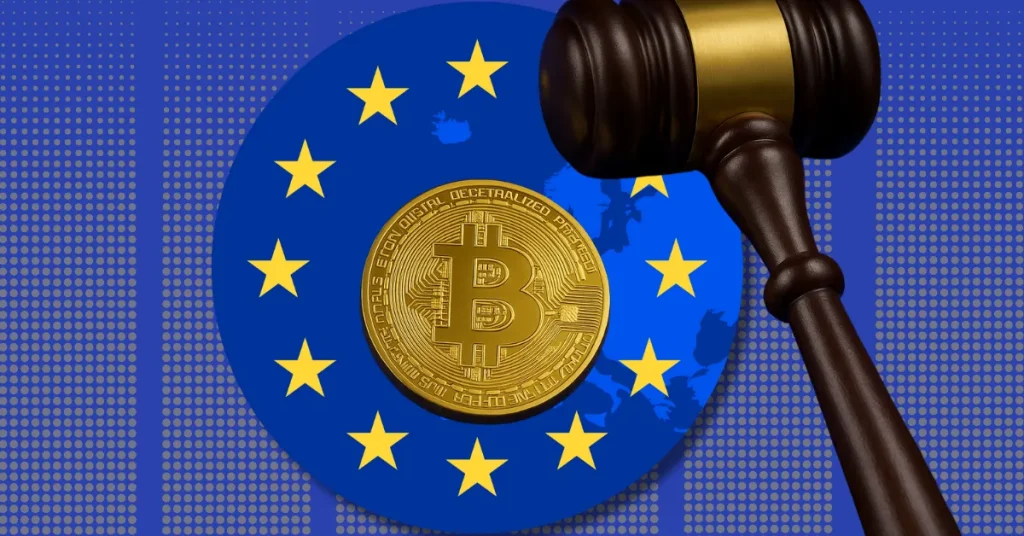France Clamps Down on EU-Licensed Crypto Firms as Malta Fights Centralized Oversight
European crypto regulation hits boiling point as Paris tightens screws while Valletta digs in its heels.
The Regulatory Rift
France's financial watchdog just turned up the heat on digital asset firms operating under EU licenses—demanding stricter compliance, deeper reporting, and enhanced oversight. Meanwhile, Malta's pro-crypto government pushes back hard, arguing centralized control stifles innovation and contradicts the decentralized ethos of blockchain.
Power Play or Protectionism?
Paris insists the move protects consumers and ensures market stability. Malta calls it bureaucratic overreach—an attempt to reign in an industry that’s outgrown traditional frameworks. Neither side shows signs of backing down.
Finance, as usual, follows the path of least regulation—until it doesn’t. And when it doesn’t, someone’s always ready to cash in on the chaos.

France is considering blocking some crypto firms licensed in other EU countries from operating domestically, stepping up its push for stronger EU-wide supervision of the sector. This move comes as several countries debate whether the bloc’s central securities regulator should take a greater role in overseeing crypto companies.
According to a report from Reuters, the country’s financial watchdog, the AMF, is worried that under the new EU rules, crypto companies are choosing countries with lenient licensing standards.
The EU’s new digital asset rules, MiCA, which came into effect this year, allows crypto firms to secure a licence in one member state and operate across all 27 EU countries. However, it has exposed inconsistencies, with some licences approved too quickly and cross-border firms not closely monitored.
France Pushes for Stronger EU Crypto Oversight
France has now joined Italy and Austria in urging the European Securities and Markets Authority (ESMA) to oversee major crypto firms.
The AMF warned that it might challenge the EU’s “passporting” system, which lets a company licensed in one country operate across the entire EU.
“We do not exclude the possibility of refusing the EU passport. It’s very complex legally and not a very good signal for the single market – it’s a bit like the ‘atomic weapon’ but it’s still a possibility we hold in reserve,” AMF President, Marie-Anne Barbat-Layani said.
Push for ESMA Control
The three watchdogs said that in the first months of the new rules, national authorities have been supervising crypto markets very differently. They argued that direct EU supervision WOULD better protect investors and are also pushing for stricter rules for crypto activity outside the EU, stronger cybersecurity, and closer oversight of new token offerings.
Earlier this year, Malta faced scrutiny after an ESMA review found it had not fully assessed risks when licensing a crypto firm. However, it defended its role as an “early adopter” of digital asset rules.
Malta Opposes Centralized EU Oversight
In a latest update, Malta’s financial watchdog pushed back against a MOVE by other EU countries to give the bloc’s securities regulator more power over crypto firms.
Malta’s financial regulator, the MFSA, said that it supports ESMA’s efforts to align how EU countries supervise crypto firms, but it does not agree with fully centralizing control. It warns that centralization at this stage could create extra bureaucracy and slow down efficiency, at a time when the EU is trying to boost its competitiveness.

